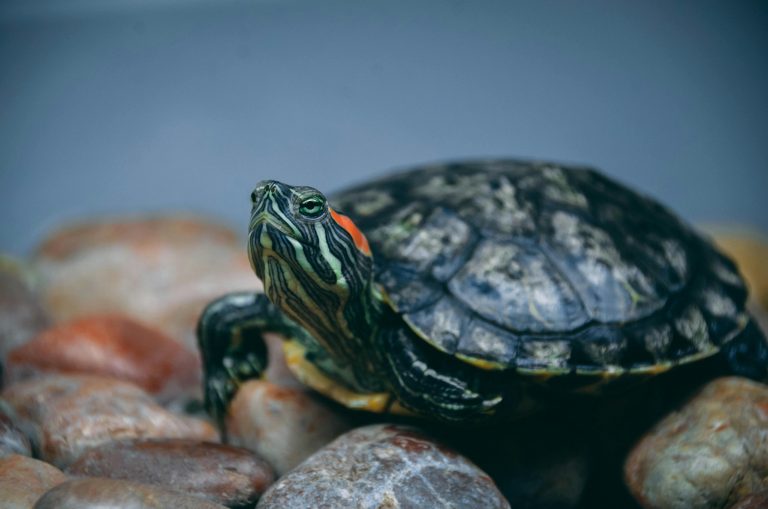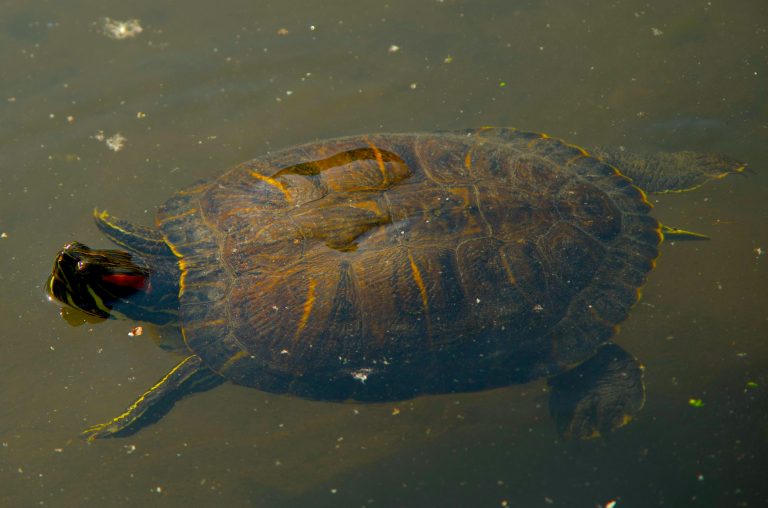Why Is My Turtle Biting His Arm?
While it’s not a frequent occurrence, you may occasionally observe your turtle biting its own arm. There could be various reasons behind this behavior. In this article, I’ve gathered and compiled all the information I discovered through research on this topic.
Let’s delve deeper into the topic.
Why A Turtle Bites His Arm?
There can be a number of reasons for this kind of behavior. I am talking about each of them in details here:
Why Is My Turtle Biting His Arm?
The most common reason for this behavior is that the turtle is shedding its skin. Shedding can cause itchiness, prompting turtles to bite or scratch their bodies. Biting helps to loosen the skin, facilitating the shedding process. This behavior is normal and doesn’t typically warrant concern.
Another possibility is that something is irritating the turtle’s skin, leading it to try to scratch or bite its arm for relief. Poor water parameters are a common cause of irritation. Ensure that water parameters such as nitrate and ammonia levels are kept low, ideally at zero.
Additionally, something may be lodged under the turtle’s scales. Carefully inspect the affected area and use tweezers to remove any foreign objects. After removal, apply Polysporin using a Q-tip to aid in healing.
Lastly, the turtle may be experiencing an infestation of mites. Conduct a thorough examination to check for any mites on the turtle’s body. If present, purchase a reliable anti-lice shampoo from the pharmacy. Create a solution using 500 mL of water and 10 mL of shampoo, then soak the turtle in this solution for 10 minutes, repeating this process twice a week for two weeks.
What Should You Do?
If the biting is occurring due to shedding, there’s no need to worry. It’s a natural process, so just relax and let it run its course.
For imbalanced water parameters, take steps to correct them. Regular 30-40% water changes every week and investing in a powerful canister filter can help maintain optimal water quality in the turtle tank. Using a reliable water test kit to monitor water parameters is also recommended; I’ve found one particularly trustworthy.
If the situation doesn’t improve, seek assistance from a HERP vet. They may conduct an X-ray to determine the cause of the behavior and prescribe antibiotics if necessary. However, the specific treatment will depend on your turtle’s individual circumstances.
It’s crucial not to administer any medication without consulting your vet first. Administering medication incorrectly can worsen the situation, so always seek professional advice when in doubt.
So, that’s everything I’ve gathered on why a turtle might bite its arm. In about 95% of cases, it’s simply due to shedding. Therefore, there’s usually no need to worry if you observe this behavior in your turtle.





